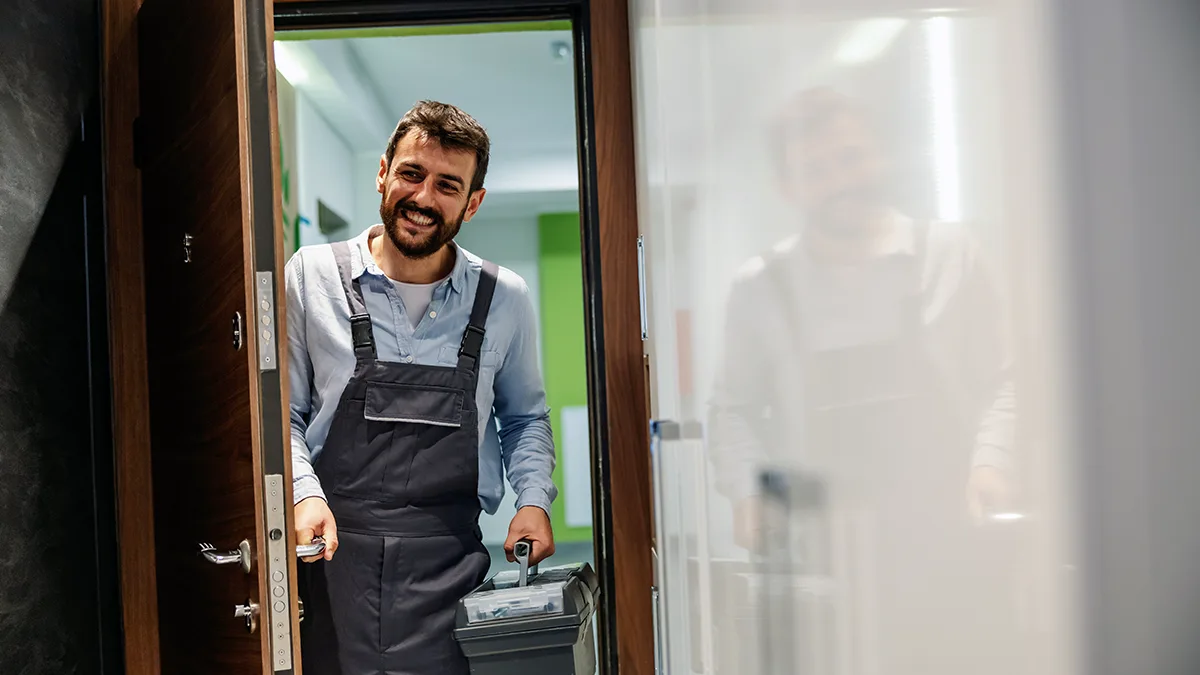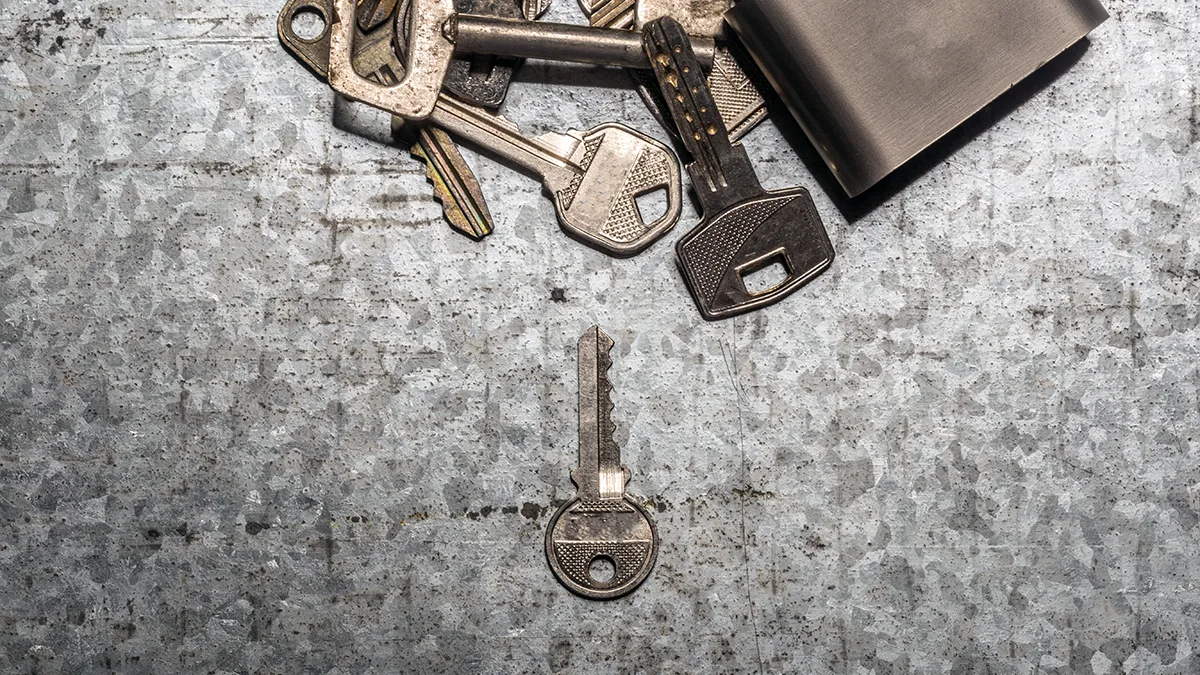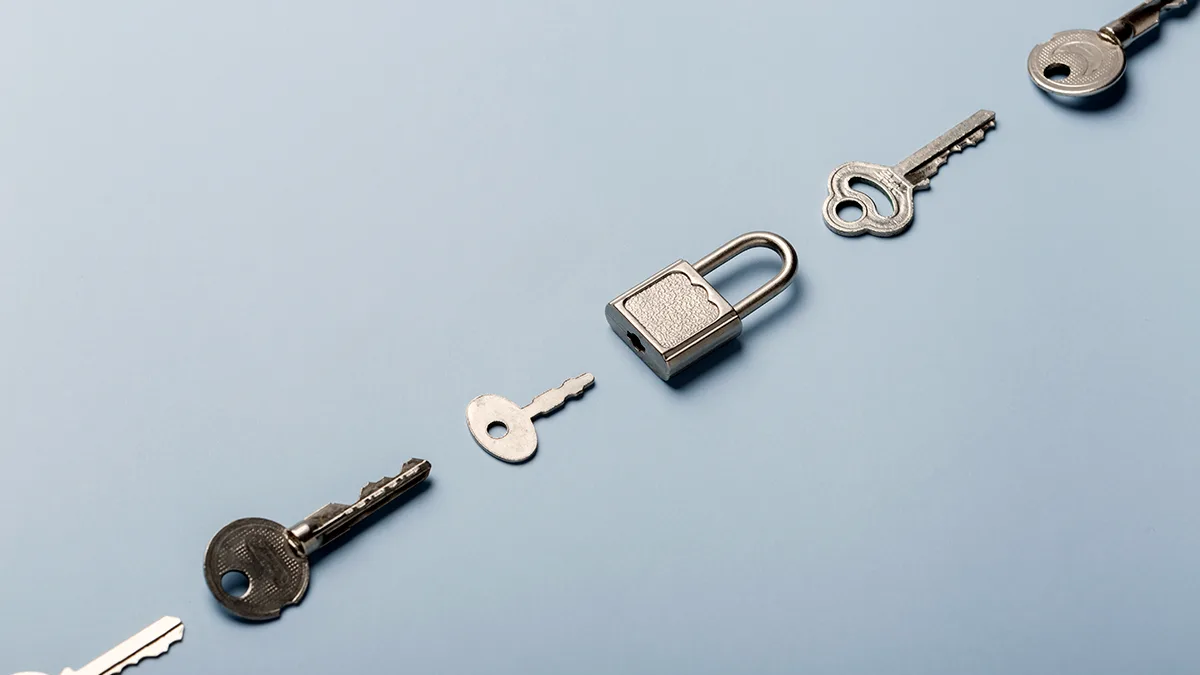The Hidden Costs of DIY Lock Repairs and How to Avoid Them. In a bustling city…
Smart Locks vs Traditional Locks: Which Is Safer?
Smart Locks vs Traditional Locks: Which Is Safer? As technology continues to advance, the way we secure our homes and businesses is evolving. In recent years, smart locks have emerged as a modern alternative to traditional locks, raising questions about their safety and reliability.
This article will explore the differences between smart locks and traditional locks, focusing on their security features, ease of use, and overall effectiveness in safeguarding properties in London and beyond.
As we look towards 2025, understanding these differences is crucial for homeowners and business owners alike.
Understanding Traditional Locks
Traditional locks, typically mechanical in nature, have been the cornerstone of security for centuries.
These locks come in various forms, including deadbolts, padlocks, and knob locks, with each type offering different levels of security.
The most common feature of traditional locks is their reliance on physical keys, which must be inserted into the lock to gain access.
Security Features of Traditional Locks
- Physical Strength:
- Traditional locks are often made from durable materials such as brass or steel, making them resistant to tampering and forced entry.
- Deadbolts, in particular, provide an added layer of security due to their robust design.
- Simplicity:
- The mechanism of traditional locks is straightforward, which means there are fewer points of failure.
- A well-maintained lock can last for years without needing replacement.
- No Dependency on Technology:
- Traditional locks do not rely on batteries or electronic components, making them less vulnerable to power outages or technical failures.
Limitations of Traditional Locks
- Key Management:
- The need for physical keys can be a disadvantage.
- Keys can be lost, stolen, or duplicated without the owner’s knowledge, compromising security.
- Limited Access Control:
- Granting access to multiple users can be cumbersome. If a keyholder moves out or a key is lost, the lock often needs to be changed entirely.
- Vulnerability to Lock Picking:
- Skilled intruders can pick traditional locks, especially if they are of lower quality.
The Rise of Smart Locks
Smart locks represent a significant shift in how we think about security.
These locks use digital technology to provide enhanced features, such as remote access, keyless entry, and integration with smart home systems.
In London, the adoption of smart locks is on the rise, particularly in urban areas where convenience and security are paramount.
Security Features of Smart Locks
- Keyless Entry:
- Smart locks often allow users to unlock their doors using smartphones, key fobs, or biometric data such as fingerprints.
- This eliminates the need for physical keys, reducing the risk of loss or theft.
- Remote Access:
- Many smart locks can be controlled remotely via smartphone apps.
- This feature allows homeowners to grant access to guests or service providers without being physically present.
- Activity Monitoring:
- Smart locks often come with built-in logging features that track who enters and exits the property, providing valuable insights into security.
- Integration with Smart Home Systems:
- Smart locks can be integrated with other smart home devices, such as security cameras and alarm systems, creating a comprehensive security network.
Limitations of Smart Locks
- Dependence on Technology:
- Smart locks require power, either from batteries or a direct electrical source.
- A failure in technology or a dead battery can render the lock inoperable.
- Cybersecurity Risks:
- As smart locks connect to the internet, they may be vulnerable to hacking.
- Although manufacturers implement security measures, no system is entirely impervious to cyber threats.
- Cost:
- Smart locks tend to be more expensive than traditional locks, both in terms of initial investment and potential maintenance or repairs.
Comparing Safety: Smart Locks vs Traditional Locks
When it comes to safety, both smart locks and traditional locks have their merits and drawbacks.
The choice largely depends on individual needs, preferences, and the specific security context of the property.
Security Assessment
- Resistance to Physical Attacks:
- Traditional locks, particularly high-quality deadbolts, are generally more resistant to physical attacks than many smart locks.
- However, advanced smart locks are designed to withstand tampering as well.
- Vulnerability to Theft:
- Traditional locks can be compromised if keys are lost or duplicated.
- Smart locks, while not immune to hacking, offer features like temporary access codes that can be revoked at any time.
- User Control:
- Smart locks provide greater control over who can access a property and when.
- This is particularly beneficial for short-term rentals or homes with multiple occupants.
Convenience and Usability
- Ease of Use:
- Smart locks offer unparalleled convenience, allowing for keyless entry and remote access.
- This is particularly advantageous in busy urban environments like London, where residents may prefer the ease of not carrying physical keys.
- Maintenance:
- Traditional locks may require occasional lubrication and maintenance, whereas smart locks may need software updates and battery replacements.
- User Experience:
- The user experience with smart locks can be enhanced through smartphone applications, which can provide notifications and remote access features.
Making the Right Choice for Your Property
As we approach 2025, the choice between smart locks and traditional locks will depend on various factors, including lifestyle, property type, and security needs.
Here are some considerations to help make an informed decision:
Consider Your Environment
In urban areas like London, where burglary rates may be higher, a smart lock could provide added convenience and security features that traditional locks cannot.
However, in rural areas where crime rates are lower, traditional locks may suffice.
Assess Your Security Needs
For properties that require frequent access by multiple users, smart locks offer a flexible solution.
Conversely, for those who prefer simplicity and reliability, traditional locks may be the better option.
Budget Considerations
While smart locks offer advanced features, they come at a higher price point.
Homeowners should evaluate their budget and consider the long-term investment in security.
Consult a Professional Locksmith
Choosing between Smart Locks vs Traditional Locks is better when you have a professional nearby.
Engaging with a professional locksmith can provide valuable insights into the best security solutions for your specific needs.
A locksmith can assess your property and recommend the most appropriate locking mechanisms, whether traditional or smart.
The debate between smart locks and traditional locks is not merely about which is safer; it is about understanding the unique advantages and limitations of each system.
As technology continues to evolve, smart locks are becoming increasingly popular for their convenience and advanced security features.
However, traditional locks remain a reliable option for those who prioritise physical security and simplicity.
Ultimately, the choice between smart locks and traditional locks will depend on individual preferences, lifestyle, and security requirements.




Comments (0)